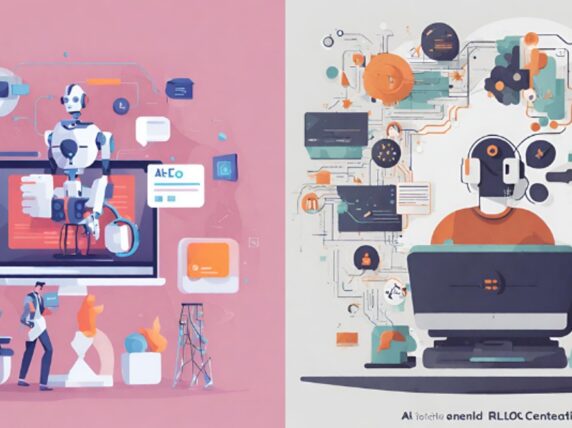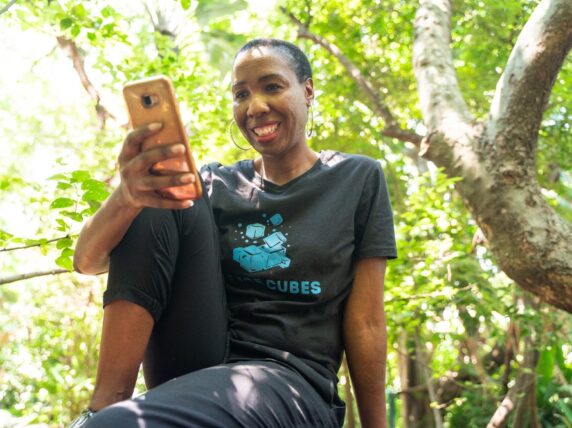Is investing in a global public the future of aid?
The Covid-19 crisis requires a huge and urgent response to save lives and to help billions of people out of economic hardship. But it changes nothing in terms of what the world needs in the long term.
We have long known that we need far more money, better distributed, to support global prosperity, including global public goods. And that our current decision-making (“governance”) systems are not fit for purpose at the global level. We are driving a broken-down car. Without any fuel.
But Covid-19 has made these deficiencies much more visible to many more people. The context within which we campaign for these necessities could change enormously, and so what can be won.
Policies that until recently seemed radical are now considered not only realistic but necessary. In the UK, 72% of those polled now support a job guarantee, only 6% oppose it. Support for public health in the US has jumped and is now a significant majority. The Spanish government is not only talking about Universal Basic Income, it has set out concrete plans to introduce it.
If your policy proposals in this Covid-19 moment are not radical and ambitious, you are missing the opportunity the crisis presents.
A global public
When I first proposed Global Public Investment at a conference in 2012, it was met with baffled silence and possibly some muffled laughter at the back of the conference room. “Unrealistic” was the most generous comment it received that day.
Since then it has gradually risen up the agenda and today, as my book finally is published after eight years of discussions all over the world, more and more people backing the approach. The Global Public Investment approach proposes five paradigm shifts to the way we think about the money we spend on global issues, which I’ll be exploring in my next blog for Bond.
Subscribe to our newsletter
Our weekly email newsletter, Network News, is an indispensable weekly digest of the latest updates on funding, jobs, resources, news and learning opportunities in the international development sector.
Get Network NewsWhile we can be sure that global spending on health will change as a result of this crisis, how it does so will depend on the influencing power and creativity of civil society and others. But there is an important missing piece of the jigsaw to which we are not devoting enough attention: there can’t be a meaningful Global Public Investment without a “global public”. We don’t seem to even have that phrase in our lexicon.
In Europe five decades of union have led to a meaningful European public that has supported the large-scale internal redistribution of funds between countries, or at least acquiesced to it. While the mechanism is far from perfect, and while many criticise it, this system of continent-wide redistribution has supported regionally-agreed priorities, such as environmental sustainability, green infrastructure and transport, social welfare and business support.
Such a consciousness also exists in Africa, where pan-Africanism has had its peaks and troughs but underpins the African Union and its many joint funds and institutions, including the African Centres for Disease Control that have come to the fore in the Covid-19 crisis. In Latin America, where I live, the shared heritage has not yet resulted in significant solidarity spending, although the regional banks are active. And Asia’s size and political divisions may be holding back a similar consciousness in that continent, although, again, subregional bodies like ASEAN have been enhanced by this crisis.
The more these regions think as regions, with a regional public not just a plethora of national publics, the more likely they will be able to pool resources to combat regional problems and promote regional sustainability and, yes, convergence and equality – as Europe has shown.
A system of double standards?
So, can we hope for the same at the global level? In a sense, it is what many civil society organisations and visionary politicians have been working towards for decades. The United Nations itself is an attempt at building global concern and commitment. But we have not termed it in the same way as we do at the national level, where we talk about “the general public”, “public-spirited”, “public spending”, “the public interest”. At the global level, we prefer the language of aid to others, solidarity with others, sympathy for others. It is still “us and them”, rather than just “us”.
This is reflected in the, frankly, unacceptable standards those in wealthy countries set for people in poorer parts of the earth. Poverty lines and graduation thresholds that would be considered unthinkable in Europe and the US are used to guide policy making in the aid sector. When a person earns a pitiful sum, they are considered no longer “poor”. When a country emerges from near-total economic misery, it is deemed “middle income”.
In most affluent countries, while some level of inequality is inevitable, there is general agreement that the public should broadly live within parameters of good health, good housing, good nutrition, good education, etc. But globally we have engendered a system of double-standards, literally.
So while we need solid emergency leadership in the short term to respond to this crisis moment, we need visionary thinking as well, to build a new idea, a global public, which should be attended to in just the same way as our national and regional publics. If Covid-19 teaches us anything, surely it is this.
Please join Jonathan along with Helen Clark, Lysa John and Hannah Ryder for his book launch at 9am GMT on Tuesday 8 December. You can buy the Future of Aid here.
Category
News & Views



